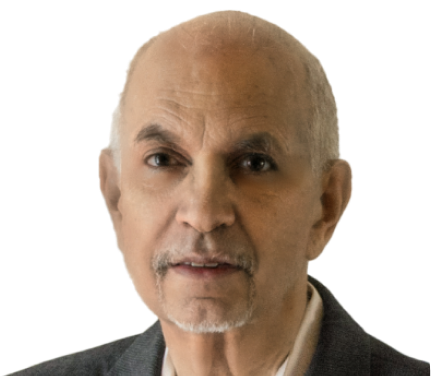Located in NYC and Warwick NY
(212) 766-1121
[email protected]
Located in NYC and Warwick NY
(212) 766-1121
[email protected]

After receiving his Masters in Urban & Regional Planning from GWU, TA founder & President Ned Einstein began his more than 40-year career in the passenger transportation field following a year consulting to the Illinois Department of Transportation as a consultant to the US Department of Transportation and its Urban Mass Transportation Administration (currently the Federal Transit Administration) in the transit field, and later, as a consultant to the USDOT’s Federal Motor Carrier Safety Association (FMCSA) in the motorcoach field, and working with the National Highway Traffic Safety Administration (NHTSA) in the school bus field. He began his work in the paratransit field by directing the USDOT’s first nationwide study of transportation systems for elderly and disabled individuals, examining 30 systems in 18 U.S. cities, and resulting in USDOT’s publication of a three-volume manual on decision-making, system design and operations authored by Mr. Einstein. Mr. Einstein’s focus has shifted the past two decades — increasingly toward the provision of expert witness services — while periodically conducting and participating in consulting efforts in almost every passenger transportation sector (See Resume/CV).
Mr. Einstein’s career in the past three and a half decades is likely the most unique in the entire passenger transportation field, as he has directed and participated, at the highest levels, in major projects of a national scope, in every non-rail ground passenger transportation mode or service, in addition to serving as an expert witness in more than 600 personal injury, wrongful death, labor-relations and class action lawsuits.
This fortunate spectrum of experiences has provided Mr. Einstein with a unique perspective for a forensic expert in that he can understand, analyze and opine on almost any type of incident, involving any type of passenger, traveling in, boarding or alighting from virtually any type of non-rail ground vehicle — since he can view the incident from virtually every vantage point, and has an almost encyclopedic technical knowledge of every aspect of vehicle design, system design and operations. Further, his experiences did not merely expose him to these passengers and services. Instead, he directed or participated in high-profile projects in all these areas, and wrote more than 200 nationally-published books, full-length papers and trade magazine articles published by organizations ranging from the U.S. Department of Transportation and National Academy of Science’s Transportation Research Board to major industry trade magazines (most extensively in the school bus, motorcoach and transit fields). Finally, Mr. Einstein holds a few rather strong and somewhat unconventional beliefs about the performance and ingredients of success in expert witness work. While he acknowledges the importance of writing and presentation skills, and the ability to improvise, Mr. Einstein believes that the most important phase of a lawsuit is the analytical phase. He is also a proponent of the school of thought that what wins cases is not generally the brilliance of an attorney or his/her expert, or even the facts, but instead, a direct result of the level and quality of effort devoted to the case.
